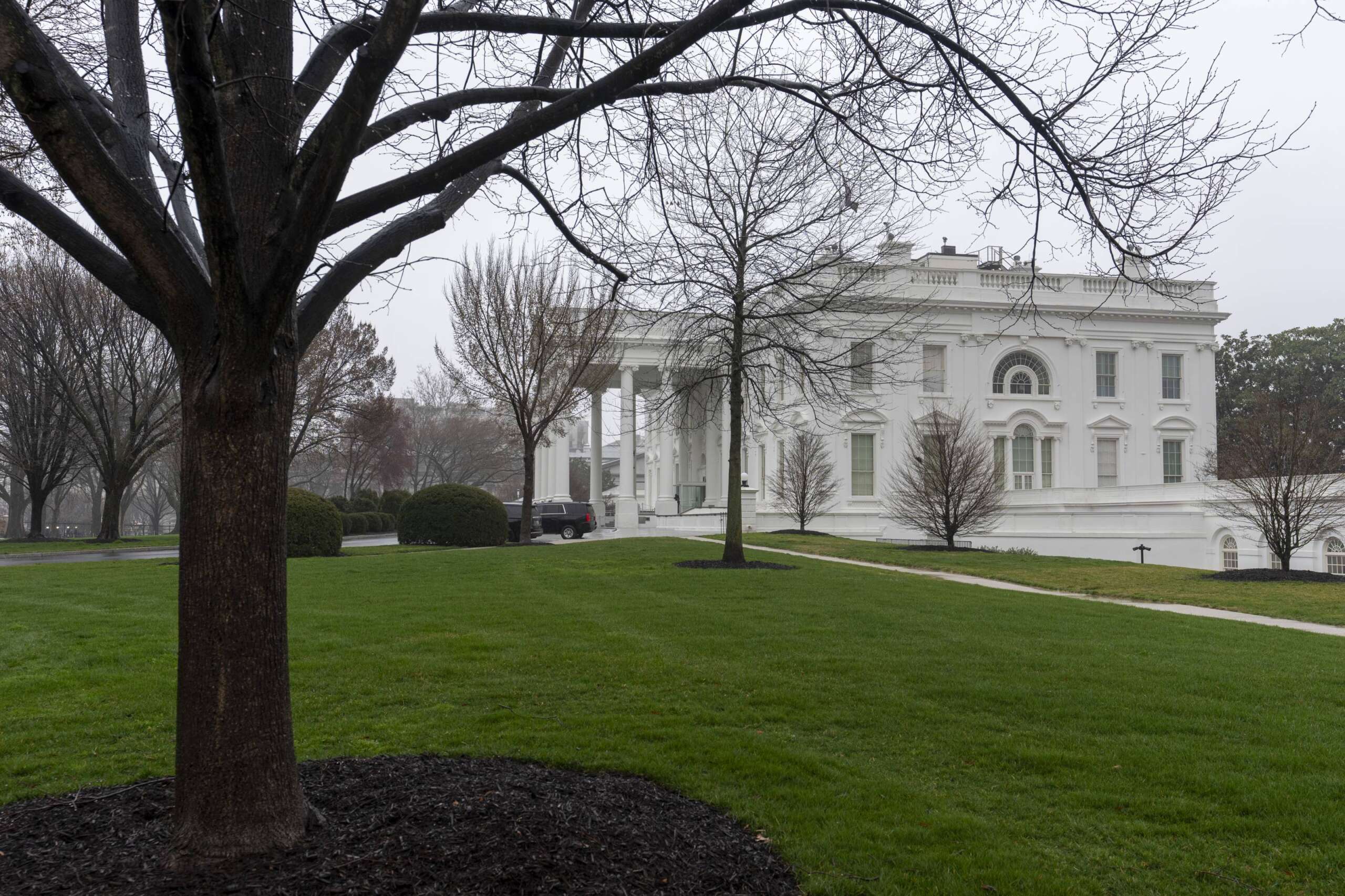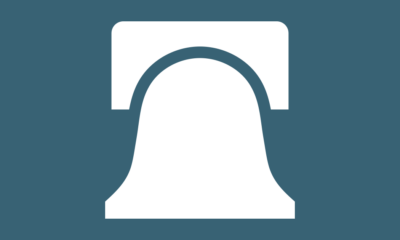News
What OSC’s Hatch Act updates mean for federal employees

The Workplace of Particular Counsel is trying to shut what it says is a loophole within the Hatch Act, a regulation that limits federal workers’ political exercise whereas on responsibility.
Amongst a number of updates to how OSC — an unbiased company that investigates and brings instances earlier than the Benefit Methods Safety Board — will implement and interpret the Hatch Act, one notable change appears at how OSC will deal with violations from senior White Home officers.
Most Senate-confirmed officers are excepted from MSPB enforcement, however White Home staffers will not be. As such, non-Senate-confirmed White Home officers will now be held to the identical requirements as all different profession federal workers, OSC stated in a Might 20 advisory opinion.
In observe, which means OSC will defer White Home workers members who’re in violation of the Hatch Act to MSPB, as an alternative of deferring to the president because the officers had been beforehand. OSC Particular Counsel Hampton Dellinger stated the choice behind the change is a results of the disparity between what nearly all of profession federal workers are topic to, and totally different guidelines particularly for White Home workers.
“White Home workers needs to be handled like each different authorities employee,” Dellinger stated in a Might 20 assertion on OSC’s web site. “My focus is balancing sturdy Hatch Act enforcement with cautious consideration of presidency worker speech rights.”
The Hatch Act, which has been round since 1939, limits the political actions that federal workers are allowed to participate in whereas on the clock, at work, or in any other case appearing in an official capability. The foundations for the Hatch Act rely upon the kind of place an worker holds, and what stage of restrictions that place falls beneath.
However the inconsistency of the Hatch Act’s software between most federal workers, and White Home staffers, has been a priority for a very long time. Whereas federal workers usually face a variety of repercussions, some have stated that there’s a double commonplace, as political appointees usually don’t face the identical stage of punishment. Others have gone additional to say that the Hatch Act needs to be reformed, and even changed.
“This distinction creates separate and never mechanically equal techniques of accountability for violators, one the place an unbiased adjudicator (the MSPB) can impose sanctions and one other the place it’s left to the president to dole out — or not — any penalties,” Dellinger wrote in a Might 20 op-ed in Politico.
No less than 13 White Home officers throughout the Trump administration had been discovered to be in violation of the Hatch Act, however didn’t obtain any repercussions. Extra lately, throughout the Biden administration, former White Home Chief of Employees Ron Klain additionally violated the Hatch Act by retweeting a publish from a political group utilizing an official social media account, however OSC didn’t pursue any disciplinary motion.
Over time, totally different OSC particular counsels have had varied approaches to how the Hatch Act needs to be enforced. The latest adjustments look like a distinct interpretation of the identical language of the regulation that’s been round for many years.
The timing of OSC’s adjustments additionally traces up completely forward of the presidential election this fall, famous Jim Eisenmann, a accomplice at Alden Regulation Group, which makes a speciality of representing federal workers.
“It’s no coincidence,” Eisenmann, who’s former MSPB government director and basic counsel throughout the Obama administration, stated in an interview. “We’re in an election yr — and there’s a brand-new particular counsel. I feel that’s all associated to the timing.”
OSC beforehand exempted White Home personnel from full enforcement of the Hatch Act partially due to the shortage of a quorum on the MSPB throughout the Trump administration. With out quorum, OSC was unable to take motion on Hatch Act violations that White Home officers made.
“The MSPB’s return to a quorum permits OSC to make the most of the company because the adjudicator for all Hatch Act enforcement actions towards people who will not be presidentially appointed and confirmed by the Senate, as an alternative of relying solely on the president to take motion if White Home commissioned officers violate the regulation,” OSC stated.
Former workers and political candidate indicators
The change for White Home workers is only one of a number of updates OSC made in its latest advisory opinion. In one other adjustment, OSC stated that former federal workers can now face prices from Hatch Act violations that they could have dedicated whereas beforehand working for the federal government.
Usually, federal workers who violate the Hatch Act could face a suspension, firing, grade discount or a debarment for as much as 5 years. They could additionally need to a pay a $1,000 wonderful. In lots of instances, although, OSC makes an attempt to settle with the worker or negotiate a casual decision.
In gentle of OSC’s replace, one query which will come up is what sorts of penalties may happen for former workers. If a person has left authorities, it’s potential now that in addition they wouldn’t be capable of take one other federal job in authorities for a number of years to return.
“What they’re saying is simply because somebody has left authorities, it doesn’t imply they’re not going to go after them,” Eisenmann stated.
Along with the adjustments for former feds, OSC is revising the foundations about when federal workers can put on or show political candidate indicators whereas at work. Throughout presidential election years, OSC had beforehand distinguished how that rule operated earlier than and after Election Day.
“This distinction is being withdrawn in favor of a year-round prohibition on political candidate shows within the authorities office, which is able to now be according to the prohibition on celebration and partisan group gadgets,” OSC stated within the advisory opinion.
OSC stated presidential candidates’ rising affiliation with particular political events is one key motive behind the replace. To not point out, OSC stated it ought to make it simpler for federal workers to observe the foundations, because it’s now extra simple with the constant, across-the-board ban.
However the change to a year-round ban on candidate gadgets could increase extra questions on what’s allowed and never allowed for federal workers, for instance, in terms of displaying indicators from former or historic political candidates.
Within the advisory opinion, OSC stated the year-round ban on candidate gadgets applies particularly to “present or contemporaneous” candidates or events — which means there are exceptions for any historic marketing campaign memorabilia.
OSC stated it plans to quickly present federal workers with extra clarifications and tips on the brand new advisory opinion to assist reply any questions. OSC has additionally created a listing of “dos and don’ts” for feds concerning the Hatch Act’s guidelines and parameters.
Copyright
© 2024 Federal Information Community. All rights reserved. This web site is just not supposed for customers positioned inside the European Financial Space.
-

 News4 weeks ago
News4 weeks agoMelania Trump makes bold fashion statement at Jimmy Carter’s State funeral
-

 News4 weeks ago
News4 weeks agoFlyers blow out Ducks in Cutter Gauthier’s return to Philadelphia
-

 News4 weeks ago
News4 weeks agoStarbucks says customers have to buy something or leave, reversing open-door policy from 2018
-

 News4 weeks ago
News4 weeks agoHow the Nukes Were Queered: A Case Study in DEI as a Political and Bureaucratic Weapon
-

 News4 weeks ago
News4 weeks agoUFC Vegas 101 Results, Bonus Winners, Highlights And Reaction
-

 News4 weeks ago
News4 weeks agoSteelers vs. Ravens final score, results: Derrick Henry runs wild in dominant wild-card win
-
News4 weeks ago
Liverpool routs Accrington Stanley to advance in the FA Cup
-
News4 weeks ago
Olympic champ Zheng wins Australian Open first-round opener
